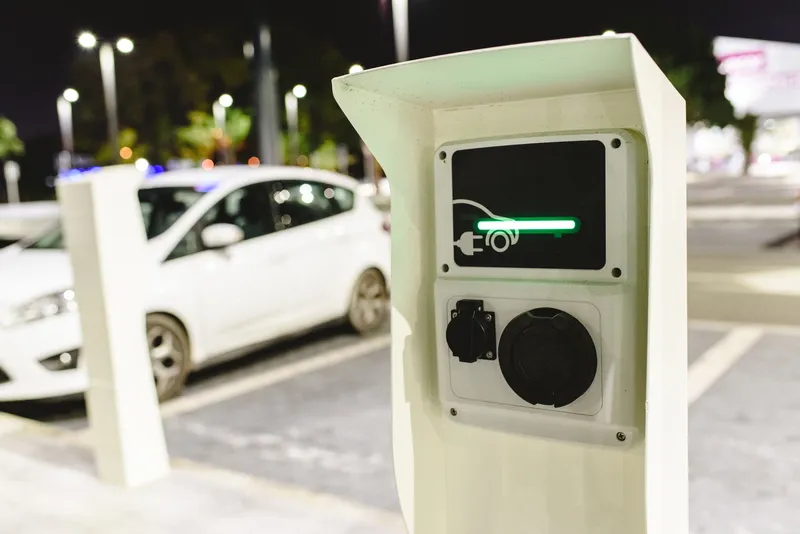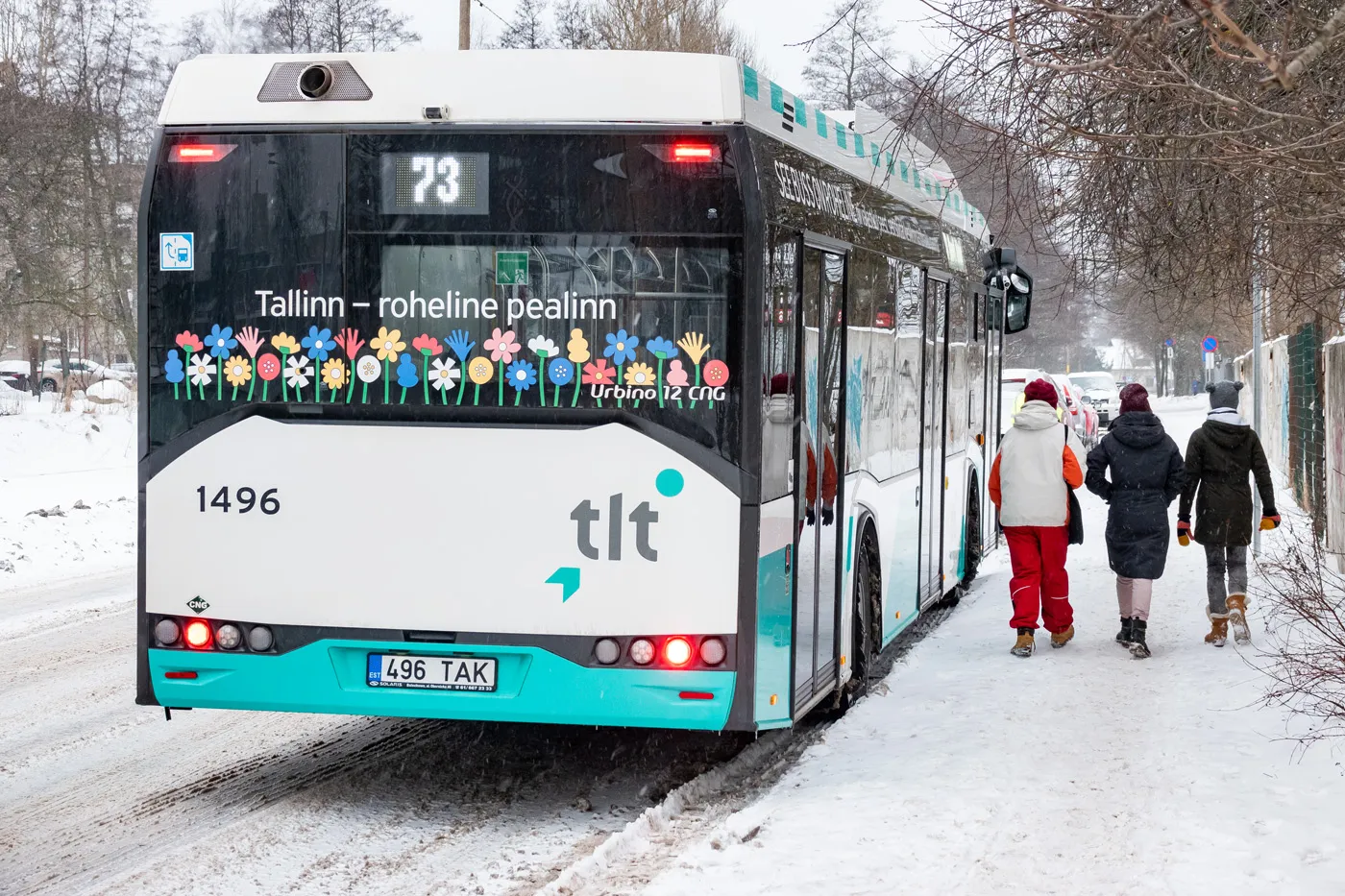
The US Departments of Transportation and Energy have confirmed nearly $5 billion will be made available to build out a national electric vehicle (EV) charging network.
The new National Electric Vehicle Infrastructure Formula Programme – established by president Biden's Bipartisan Infrastructure Law – will provide the funding over five years to help US states create a network of EV charging stations along designated alternative fuel corridors.
The total amount available to US states in 2022 under the programme is $615m. A second grant programme to further increase EV charging access in locations throughout the country, including rural and underserved communities, will be announced later this year.
US transportation secretary Pete Buttigieg says: “The president’s Bipartisan Infrastructure Law will help us win the EV race by working with states, labour, and the private sector to deploy a historic nationwide charging network that will make EV charging accessible for more Americans.”
US secretary of energy Jennifer M. Granholm says: “The Bipartisan Infrastructure Law is helping states to make electric vehicle charging more accessible by building the necessary infrastructure for drivers across America to save money and go the distance, from coast to coast.”
Each state is required to submit an EV Infrastructure Deployment Plan to the new Joint Office of Energy and Transportation that describes how it intends to use its share of programme funds consistent with Federal Highway Administration (FHWA) guidance.
The joint office will help implement the programme by providing direct technical assistance and support to help US states develop their plans before they are reviewed and approved by the FHWA, which administers the funding.
Additionally, the office has launched a new website so that officials can find links to technical assistance, data and tools for states and careers.










